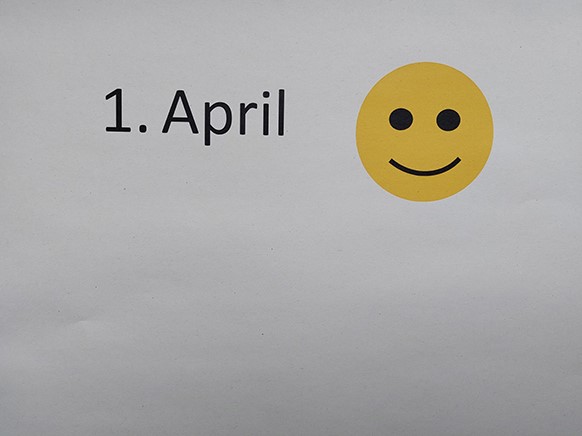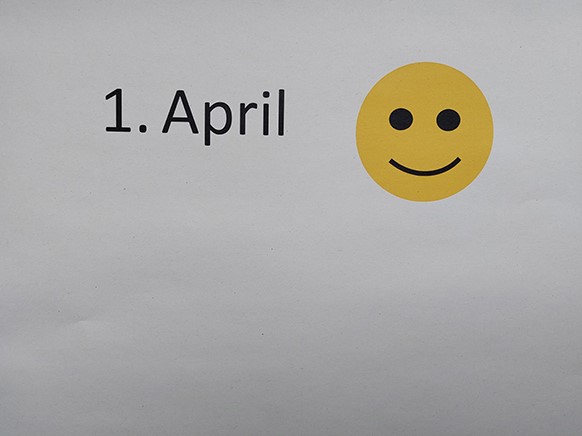The corona-crisis has also affected the German language: 1230 new words and words with a new meaning have been collected by “Leibniz-Institut für Deutsche Sprache”. One of these institution’s task is to study the changes in the German language. The directory of neologisms, as linguistics calls new words, features words from Alltagsmaske (community mask) to Zoom-Party. The best known are Lockdown and Shutdown.
Other words that are now part of the normal vocabulary are:
Geisterspiel (ghost game, a soccer game without spectators),
Klopapierhysterie (toilet paper hysteria),
Covidioten (covidiots, a politician called people who thought the virus was an invention this),
Impfdrängler (vaccination cutters, politicians and officials who got themselves vaccinated before it was their turn) and Impfneid (vaccination envy),
Wumms (this is what the Federal Minister of Finance calls the effect of the corona-aids, which the government is hoping for),
Distanzunterricht (distance learning) and Homeschooling.
By the way, about 11 percent of the new words come from English, such as Superspreader and Social Distancing.
It is also common that technical terms are taken into everyday language and are now used by everyone, such Inzidenzwert (incidence rate, https://tunewsinternational.com/inzidenzwert/) or Aerosole (aerosols, https://tunewsinternational.com/ventilate-ventilate-ventilate/).
Even the British newspaper “The Guardian” has dedicated an article to the creative Germans and their many new words: https://www.theguardian.com/world/2021/feb/23/from-coronaangst-to-hamsteritis-the-new-german-words-inspired-by-covid
The complete list of the new words, which is being updated regularly, can be found under: https://www.owid.de/docs/neo/listen/corona.jsp
tun21030103
Foto: WikimediaCommons/Dantadd



